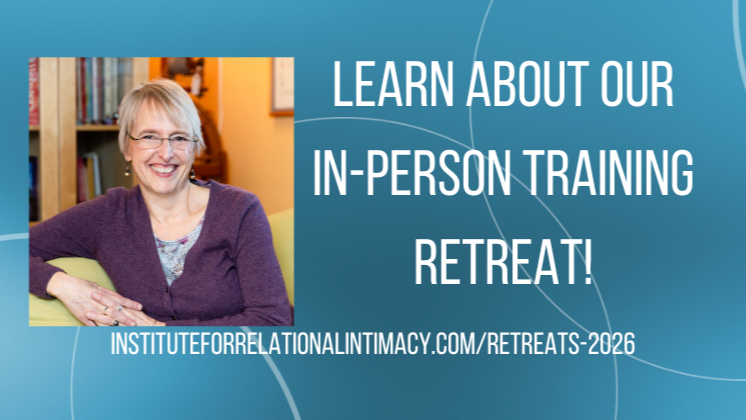Sexual Intimacy And Vulnerability: Paths To Personal Growth
Jul 02, 2016
I strongly believe it is important for therapists to welcome discussion of sex and sexuality as part of the material of therapy. There are many reasons this is important, but first and foremost, it is important because sexual intimacy is vulnerability, and intimate vulnerability is a powerful path to personal growth.
Sexual relationships beckon us to reveal our deepest selves even from within the dangerous safety of another’s arms. I think we all have a deep awareness of the dangers inherent in revealing our desires, our preferences, wishes, and fantasies, particularly to someone we really care about. If we tell our lover what we want, they might leave, confirming what we feared all along, that loneliness is inevitable. And we ask ourselves in retrospect, was it worth it, that telling? Better by far, many people decide, not to reveal the secret desire, or the hidden truth.
Understandable. Emotional vulnerability is a risky business. We all know it.
But the shadow side of that seemingly safe decision emerges months, years, or decades later. Symptoms include but are not limited to deep unmet longings, intense unfulfilled wishes, depression, loneliness, a flat sex life, illicit flirtations that bloom into illicit relationships, an impulse to run away to pursue long-abandoned dreams, an irrepressible need to explore possibilities previously compromised away. A life lived without emotional vulnerability eventually tends to feel dull and empty; a relationship lived that way, devastatingly lonely.
Consider the personal growth process involved in becoming able to reveal yourself to another. There you are with your new lover, full of hopes and dreams of what an intimate relationship can be. What truths about yourself might you be willing to share with your lover? What might you long to tell, but feel afraid of sharing? What might you be able to encourage them to tell you about their preferences and desires? Consider a conversation about the dishes. Parenting. Orgasm. Pornography.
Can you relate to the fear of disclosing personal truths or deep desires? Not disclosing is also risky, but the risks are different. The ultimate risk of disclosure is weathering the storm of your partner’s emotional response, or possibly even being left. But the ultimate risk of NOT disclosing is ending up with the wrong partner or living an inauthentic life.
What if we could learn to lean into the natural urge toward vulnerability (and from there to deep connection) with less fear? We might audition our lovers for signs of being wonderful partners not by scouting out how similar we are and can become, but by observing how kind they are when we are different, how able they are to listen even when it is hard, and how encouraging they are able to be when we reveal vulnerable truths about our sexual preferences.
Of course, we would then need to challenge ourselves to be what we want in a partner: someone who listens without judgment, holds steady when the going gets rough, admits their part in the problem, holds steady while exploring finicky orgasmic response, stays with the discomfort of the conversation about pornography, keeps loving despite differences and shows love through curiosity.
This is exactly the intersection between sexual relationships, personal growth, and therapy. It is differentiation of self, a term I use often both when teaching and in my work with clients. It describes a three-part project: becoming able to figure out what you think, feel, need, prefer…becoming able to share it with another person, even if you think they might not feel comfortable hearing it…and becoming able to remain grounded and present when they share something vulnerable about themselves you might not feel comfortable hearing. This is the foundation for maintaining a deep intimate connection over time.






